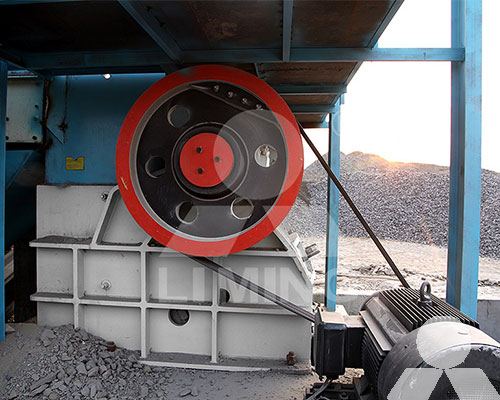News
Last Updated :2023-07-03
How to choose a suitable stone crusher?
Choosing a suitable stone crusher involves several important considerations, as it can significantly impact the efficiency and productivity of your crushing operation. Here are some key factors to consider when selecting a stone crusher:

- Type of material:
Identify the type of material you want to crush. Different types of stone crushers are designed to handle specific types of rocks and stones, such as granite, limestone, quartzite, sandstone, etc. Selecting the right type of crusher that can handle the material’s hardness, abrasiveness, and size is crucial. - Capacity requirements:
Determine the required production capacity of the crusher. Your choice should match the anticipated workload and throughput needs of your operation. Overloading a crusher can lead to reduced efficiency and premature wear on components. - Feed size:
Know the maximum size of the material you’ll be feeding into the crusher. The crusher’s feed opening should be large enough to handle the largest pieces of material without causing blockages or unnecessary strain on the machine. - Output size:
Understand the desired output size of the crushed material. Different crushers produce different output sizes, and you should choose one that meets your specific requirements. This may involve using different types of crushers in a multi-stage crushing process. - Mobility and location:
Consider whether you need a stationary crusher for a fixed location or a mobile crusher for greater flexibility in moving it between different work sites. The decision will depend on the nature of your operation and how frequently you need to relocate the equipment. - Power source:
Determine the available power supply at your site. Some crushers may require a three-phase power supply, while others can run on single-phase power. Make sure your power source aligns with the crusher’s requirements. - Maintenance and operating costs:
Take into account the maintenance and operating costs associated with the stone crusher. Opt for a machine that is easy to maintain and has readily available spare parts to minimize downtime and keep operating expenses in check. - Safety features:
Ensure that the crusher is equipped with necessary safety features to protect operators and maintenance personnel. Safety should always be a top priority in any crushing operation. - Environmental impact:
Consider the environmental impact of the crusher, especially if you are operating in sensitive areas. Look for crushers with advanced dust suppression and noise reduction systems to minimize their impact on the surroundings. - Reputation and reviews:
Research the manufacturer’s reputation and customer reviews to get an idea of the reliability and performance of their crushers. Look for companies with a track record of producing durable and efficient equipment. - Consultation with experts:
If you are uncertain about the best choice for your specific needs, consult with experts or industry professionals who can provide guidance based on your requirements and budget.
By carefully considering these factors, you can choose a suitable stone crusher that will meet your crushing needs effectively and efficiently. Always remember to prioritize safety, efficiency, and the long-term performance of the equipment.








